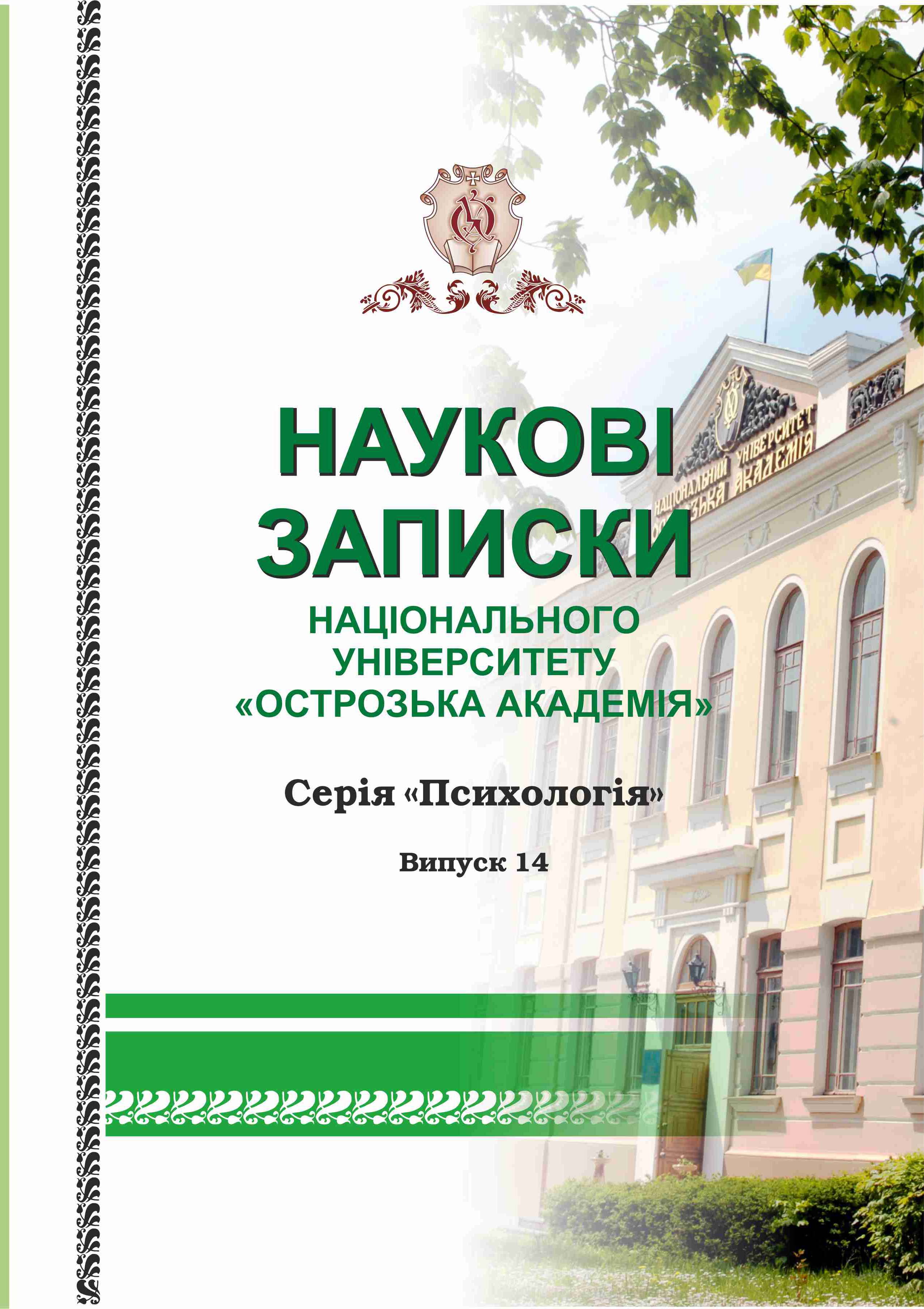FEATURES OF COMMUNICATION REACTIONS IN THE SITUATION OF EXPERIENCING JEALOUSY IN ADOLESCENTS AND ADULTS
Keywords:
jealousy, communicative reactions to jealousy, communication, relationships, maturity, youthAbstract
The article analyzes the content and essence of the phenomenon of jealousy, the main reasons for their occurrence, the main forms of manifestation. Psychologists view jealousy as a negative experience that arises from insecurity in a situation of lack of attention, love, respect or sympathy from an important person when all this is real or imagined someone else gets. Jealousy unites a whole range of emotions, feelings, thoughts, the strongest of which are fear and anger. Modern scientific research has shown that jealousy has its own specifics at different ages - the younger a person, the more he has these experiences; jealousy acquires its scale in adolescence, which is associated with a sense of "imperfection", immaturity of young men. It is noted that people rarely experience jealousy only in person. Jealousy is most often expressed in the form of actions and interpersonal communication. It is argued that an effective communication response in a situation of jealousy can reduce uncertainty in the relationship, maintain the relationship, as well as help restore self-esteem. The results of an empirical study are presented, which showed differences in communicative reactions to jealousy in adolescents and adults. 64.5% of young people in a situation of jealousy try to interact with a partner, more than 20% - try to please a partner, do him something nice. In the group of adult subjects, the reactions were the least pronounced: "violent interaction", "control / restriction", "manipulation", "contact with an opponent". 55% of respondents in this age group try to please their partner, do something nice for him, 41% - try to solve the problem through interaction with a partner. The next part of the study focused on the relationship between the type of communication in a relationship and the type of reaction to jealousy. The results identified age differences in the sensitivity of communication disorders, which may lead to a focus on a particular type of response. In adults, a close relationship was found between communication characteristics and the predominant type of jealousy response. Ease of communication and trust in each other proved to be more important in young people's constructive reactions to jealousy.


